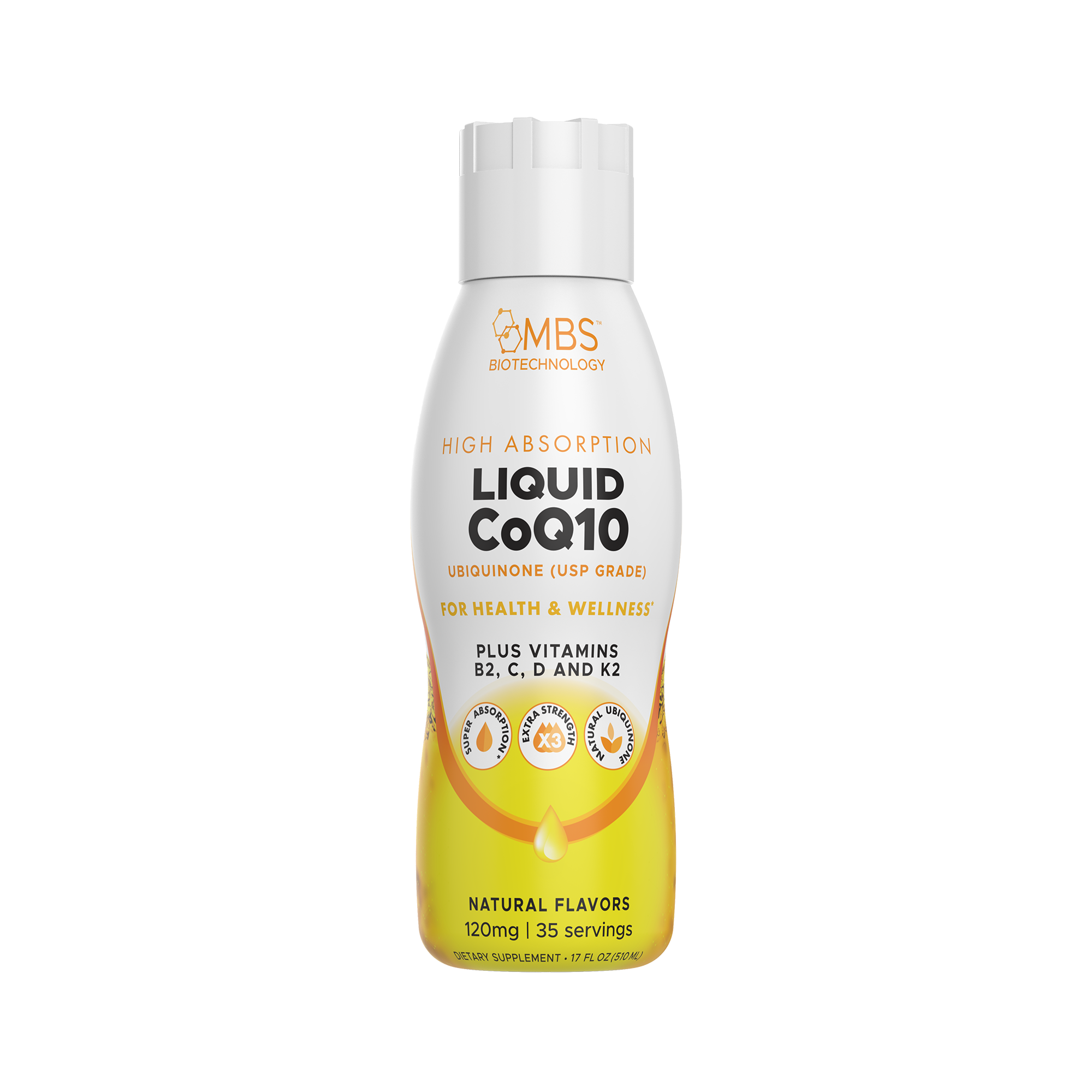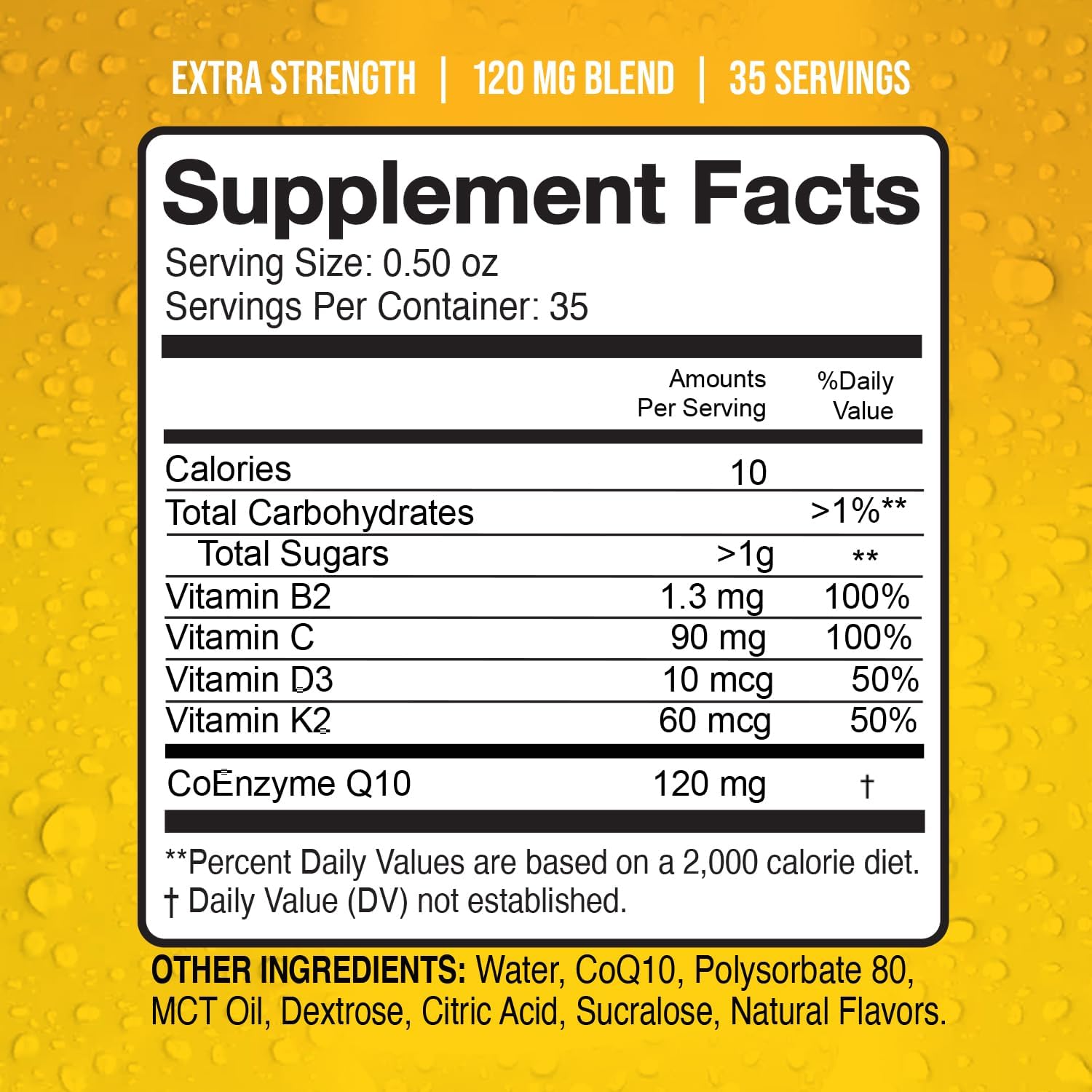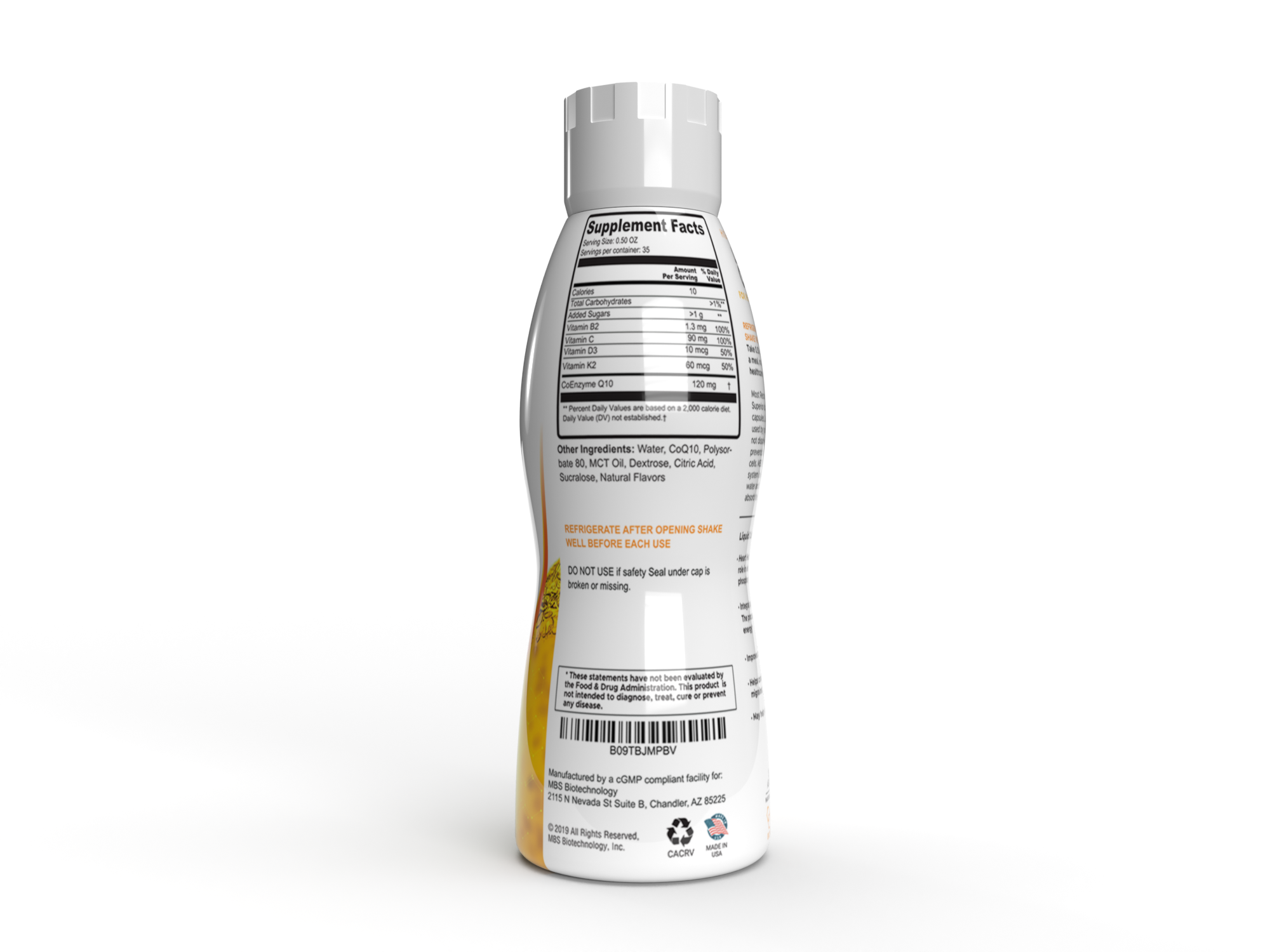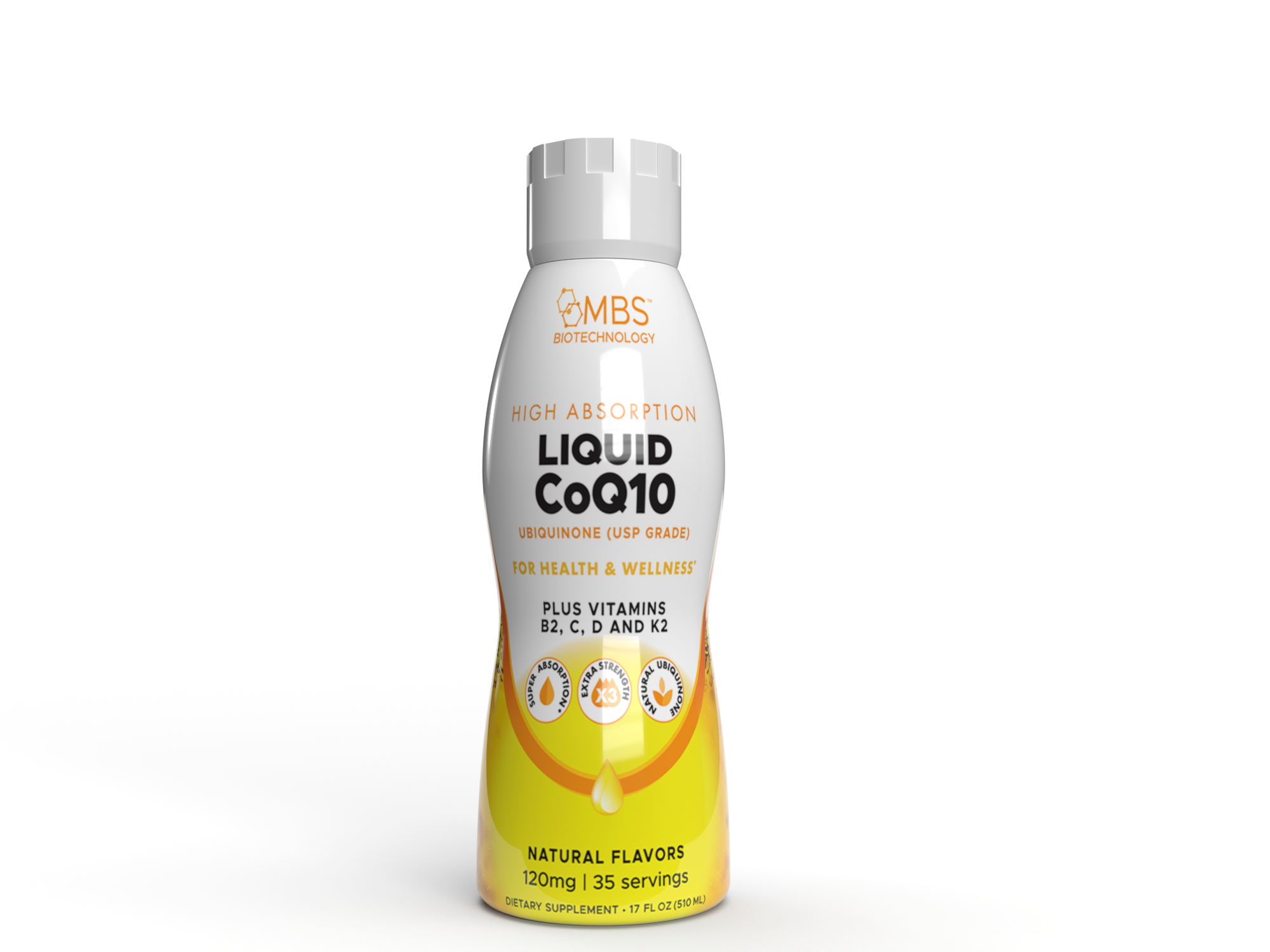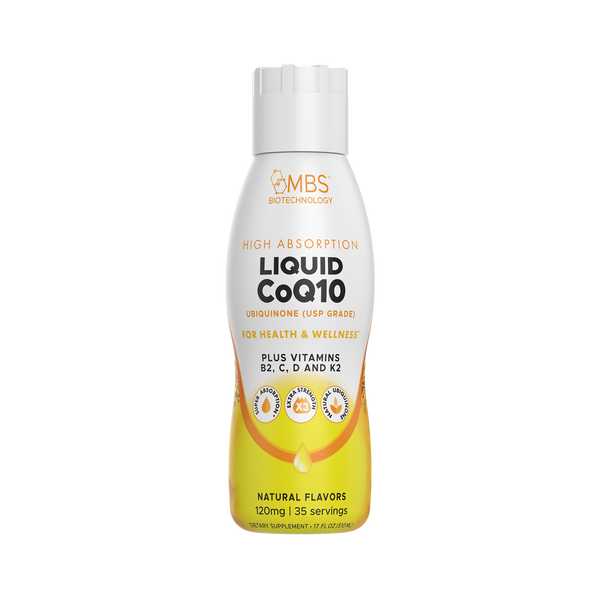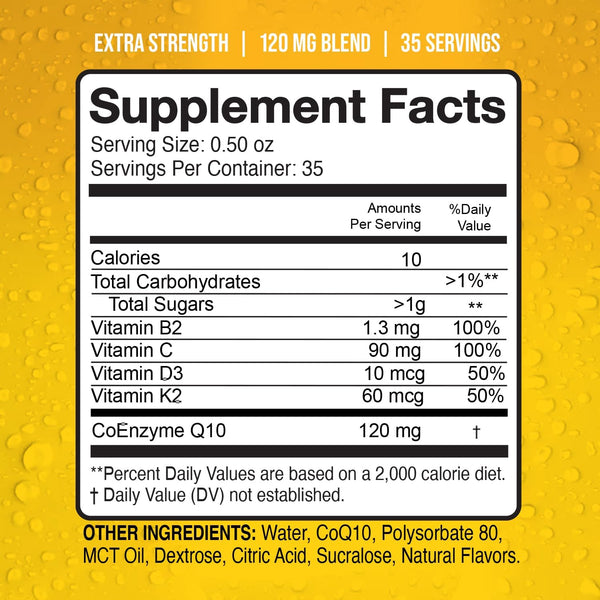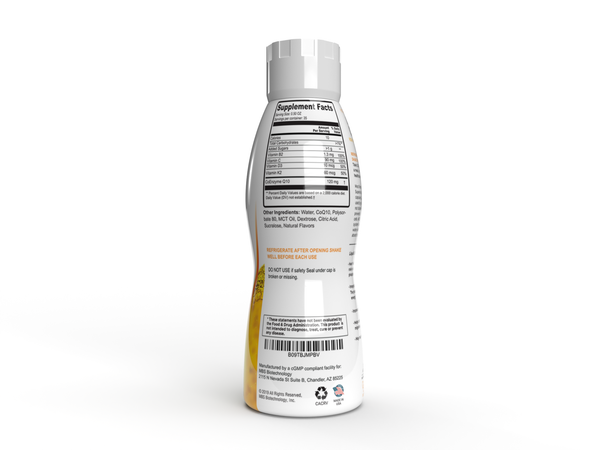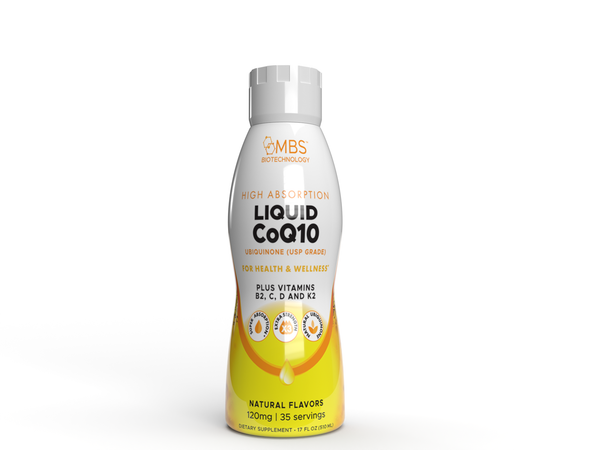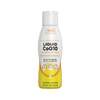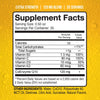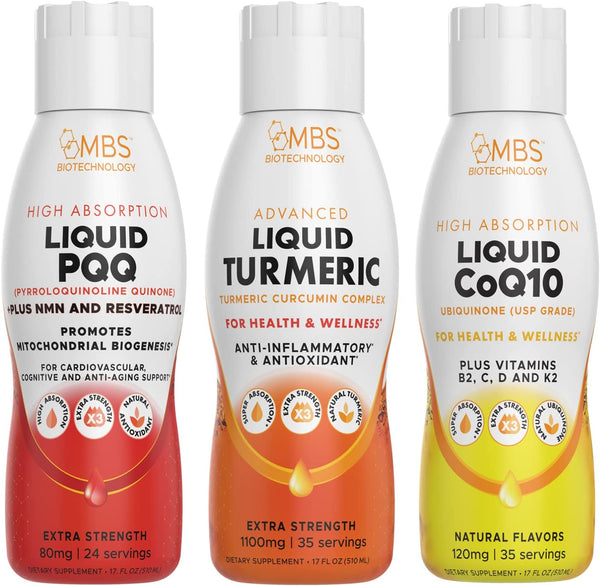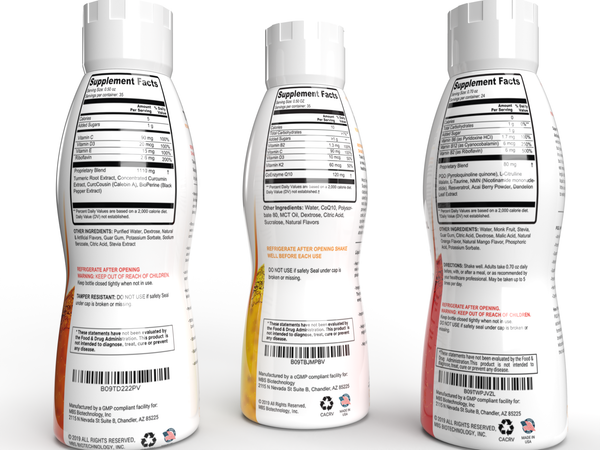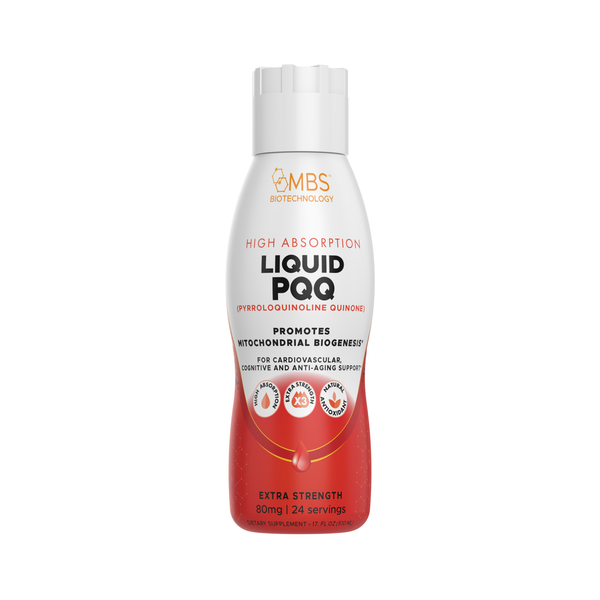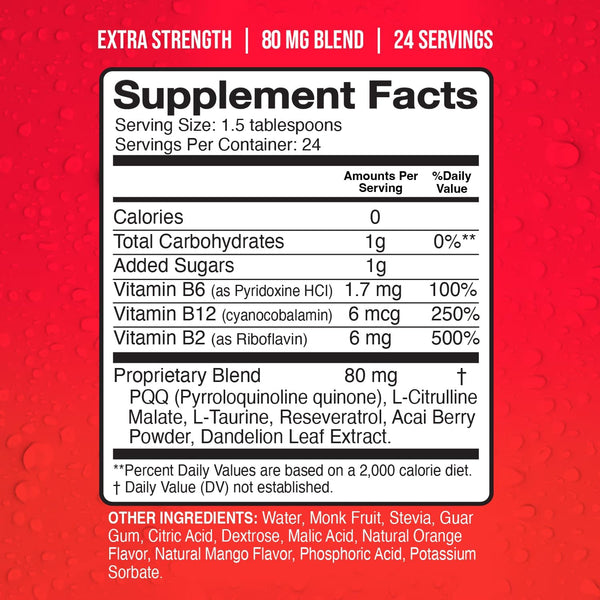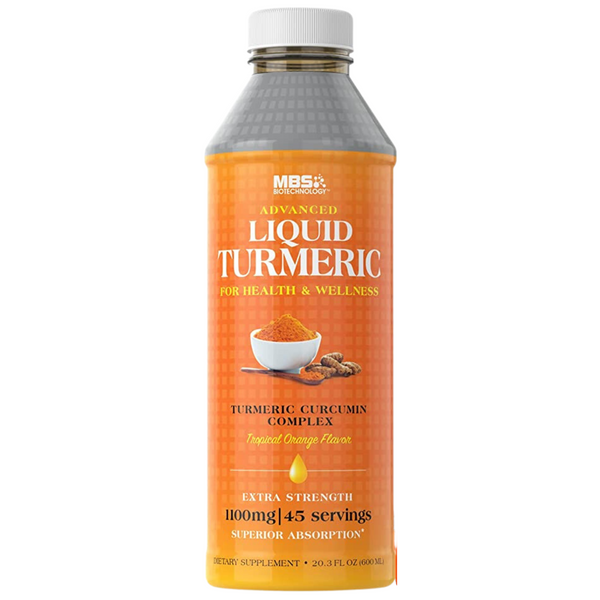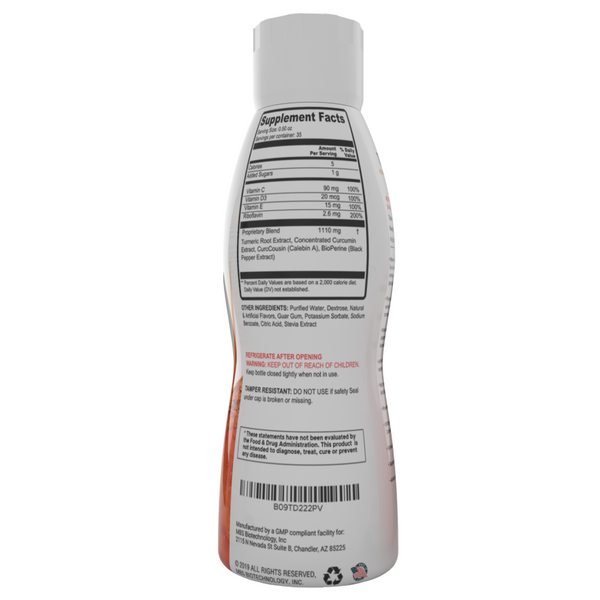
Liquid CoQ10 and Fertility: What You Need to Know
In this article, we'll explore how CoQ10 can benefit fertility, its effectiveness for both women and men, and what you need to know before supplementing.
Are you trying to conceive and looking for ways to boost your fertility?
Look no further than liquid CoQ10! While many people know that CoQ10 is great for heart health and energy production, you may be surprised to learn that it can also play a crucial role in reproductive health.
Studies have shown that CoQ10 supplementation can improve egg and fertility quality, increase pregnancy rates, and even reduce the risk of miscarriage. And while traditional capsule supplements can be effective, liquid CoQ10 may offer even more benefits.
how exactly does CoQ10 benefit reproductive health?
CoQ10 is an antioxidant that helps to protect the eggs from oxidative damage. As women age, the number of eggs they have decreases and the quality of those eggs can decline. This decline can lead to difficulty getting pregnant or an increased risk of miscarriage. CoQ10 helps to protect the eggs from oxidative damage and can improve their quality, making it easier to conceive and carry a healthy pregnancy.
But it's not just women who can benefit from CoQ10 supplementation. Studies have also shown that CoQ10 can improve sperm quality and increase sperm count, making it beneficial for male fertility as well.
How Does COq10 Help Men with fertility?
CoQ10 plays an essential role in the energy production process within cells, including sperm cells. It has been shown to increase sperm motility, or the ability of sperm to move and swim properly, as well as sperm count. CoQ10 helps to protect the sperm cells from oxidative damage, which can cause DNA damage and lead to reduced sperm quality. By reducing oxidative damage, CoQ10 can improve the overall health and quality of sperm, leading to an increase in sperm count and motility. Additionally, CoQ10 can help to improve the function of the mitochondria in sperm cells, which are responsible for producing energy for the cell.
Are there any risks or side effects associated with taking CoQ10 supplements for fertility?
Well, aside from the risk of accidentally sprouting wings and flying away, CoQ10 is generally considered safe for most people when taken in appropriate doses. It is a natural substance found in the body and in many foods, so it is generally well-tolerated. However, as with any supplement, it is important to talk to your healthcare provider before starting CoQ10, especially if you have any medical conditions or are taking any medications. While CoQ10 is generally safe, it can interact with certain medications and may not be appropriate for everyone. It is always best to consult with a healthcare professional to determine if CoQ10 is right for you.

How long does it take to see the benefits of CoQ10 supplementation for fertility?
The time it takes to see the benefits of CoQ10 supplementation for fertility may vary from person to person. Some studies have shown improvements in egg and sperm quality after just a few weeks of supplementation, while others may take several months to see a noticeable difference. It's important to remember that CoQ10 is not a quick fix and should be taken consistently as part of a comprehensive fertility plan.
Is CoQ10 supplementation recommended for both partners when trying to conceive, or is it primarily for women's fertility?
While CoQ10 supplementation is particularly beneficial for women's fertility, studies have shown that it can also improve sperm quality and increase sperm count in men. Therefore, it is recommended for both partners when trying to conceive to improve their overall reproductive health and increase the chances of a successful pregnancy.
If you and your partner are trying to conceive, liquid CoQ10 may be the missing piece in your fertility puzzle. With its ability to improve egg and sperm quality, increase pregnancy rates, and reduce the risk of miscarriage, it's an essential supplement for anyone looking to boost their reproductive health. As always, be sure to consult with your healthcare provider before starting any new supplement regimen.

